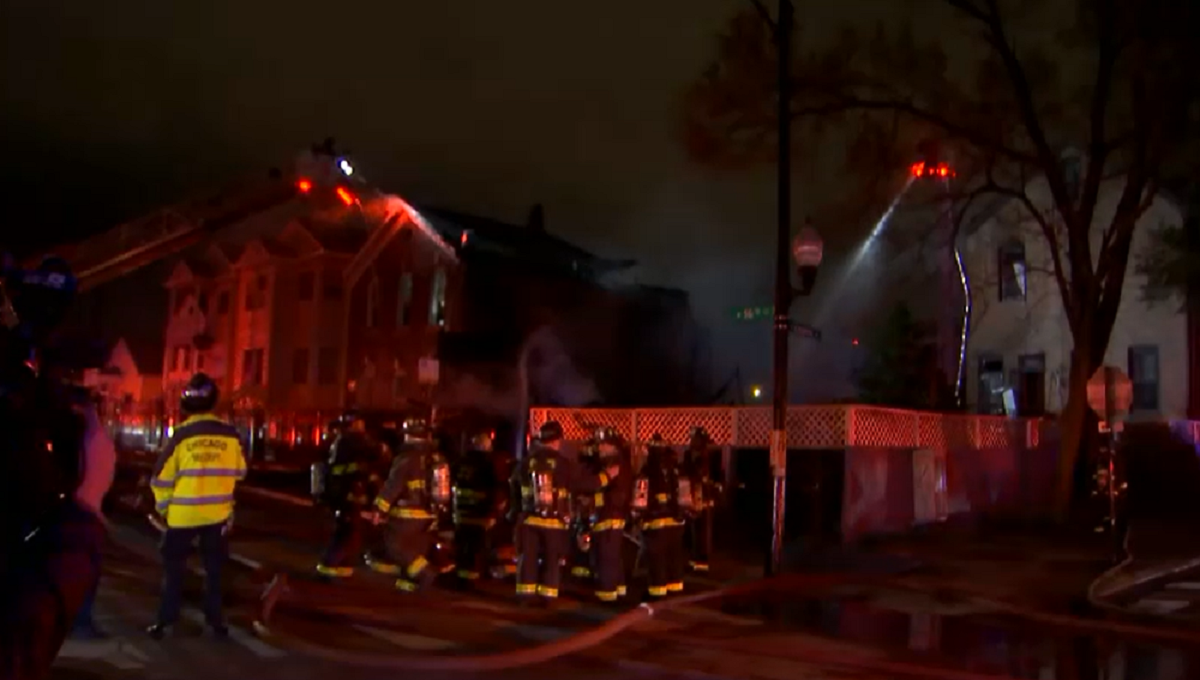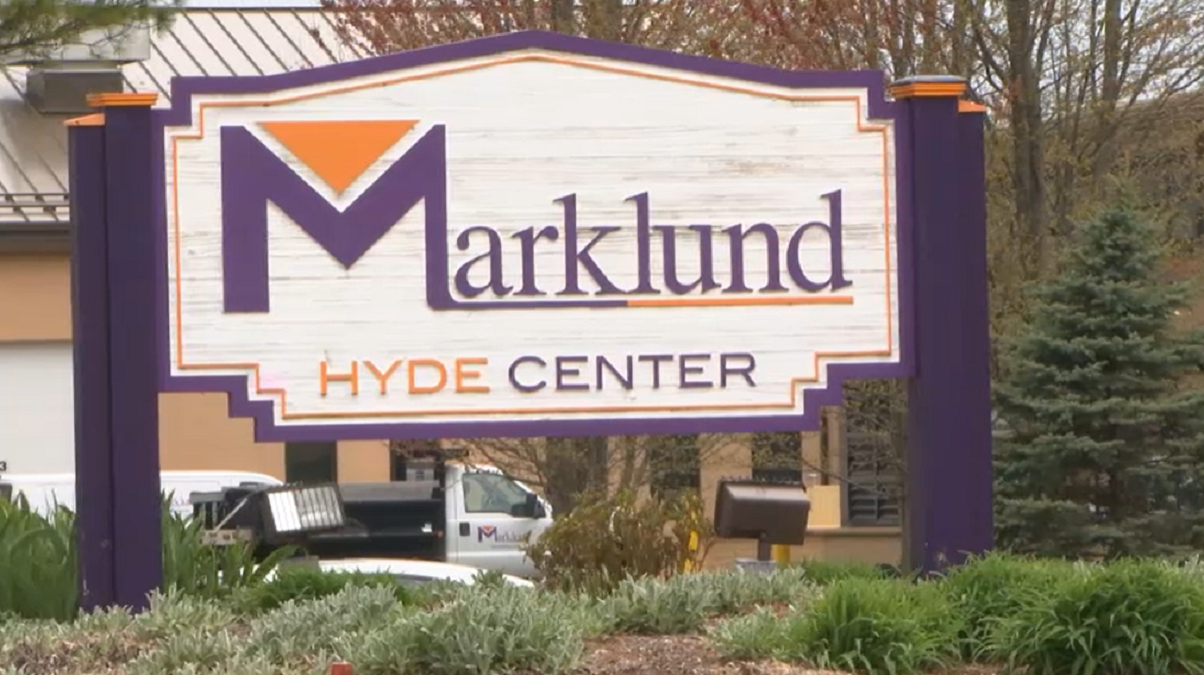In the midst of arguments about police accountability, many would argue that the last thing law enforcement officers should be doing is having a few drinks before work.
But there is no uniform standard for the blood alcohol levels of police in Illinois, and the rules vary widely from department to department. Some, like the Cook County Sheriff’s office, have a zero tolerance policy. Police contracts in Elmwood Park and Oak Park allow officers to come to work with BAC concentrations up to .079, just below the legal threshold where a driver in Illinois is considered too drunk to drive.
As NBC5 Investigates and the Better Government Association reported nearly two years ago, in a series titled “Protect and Served”, the mayor of west suburban Westchester said he was shocked when he learned that his officers could report for work with a blood alcohol level up to .05.
“I could argue that you are half drunk,” he said. Sam Pulia, a former police officer himself, argued that the level should be set at zero. But when a state Training Board argued for a more manageable .02 (to allow for any residual effects from pre-work consumption) Pulia reluctantly agreed.
But even that compromise was shot down.
Westchester’s sergeants took the matter to arbitration, and last week, a state arbitrator ruled that the community had failed to make a case for the lower blood alcohol standard. The arbitrator said Westchester had not shown a need “save for the perception of the Village’s political leadership,” and that the proposed changes appeared more punitive than penalties faced by employees of other city departments.
As a result, the arbitrator kept the .05 level in place.
Local
“We need to show the public that we are responsible people,” Pulia said Monday. “You know, we do have firearms and we do at some point in time potentially have to drive a squad car at excessive speeds!”
After receiving the arbitrator’s ruling, Pulia fired off an email to members of the General Assembly, asking for a new state law, setting lower blanket alcohol standards for all departments statewide.
“Our profession nationally is being challenged,” he wrote. “We need to set the standard by our actions and deeds.”
Noting the near .08 standard of some departments in the state, Pulia pointed out the irony of such an officer making a drunk driving arrest.
“In its wildest sense, a police officer with a .08 BAC can arrest a citizen having a .08 BAC.”
Members of the police department deferred comment to their union, the Metropolitan Alliance of Police, which did not return a call seeking response to the Mayor’s comments.



